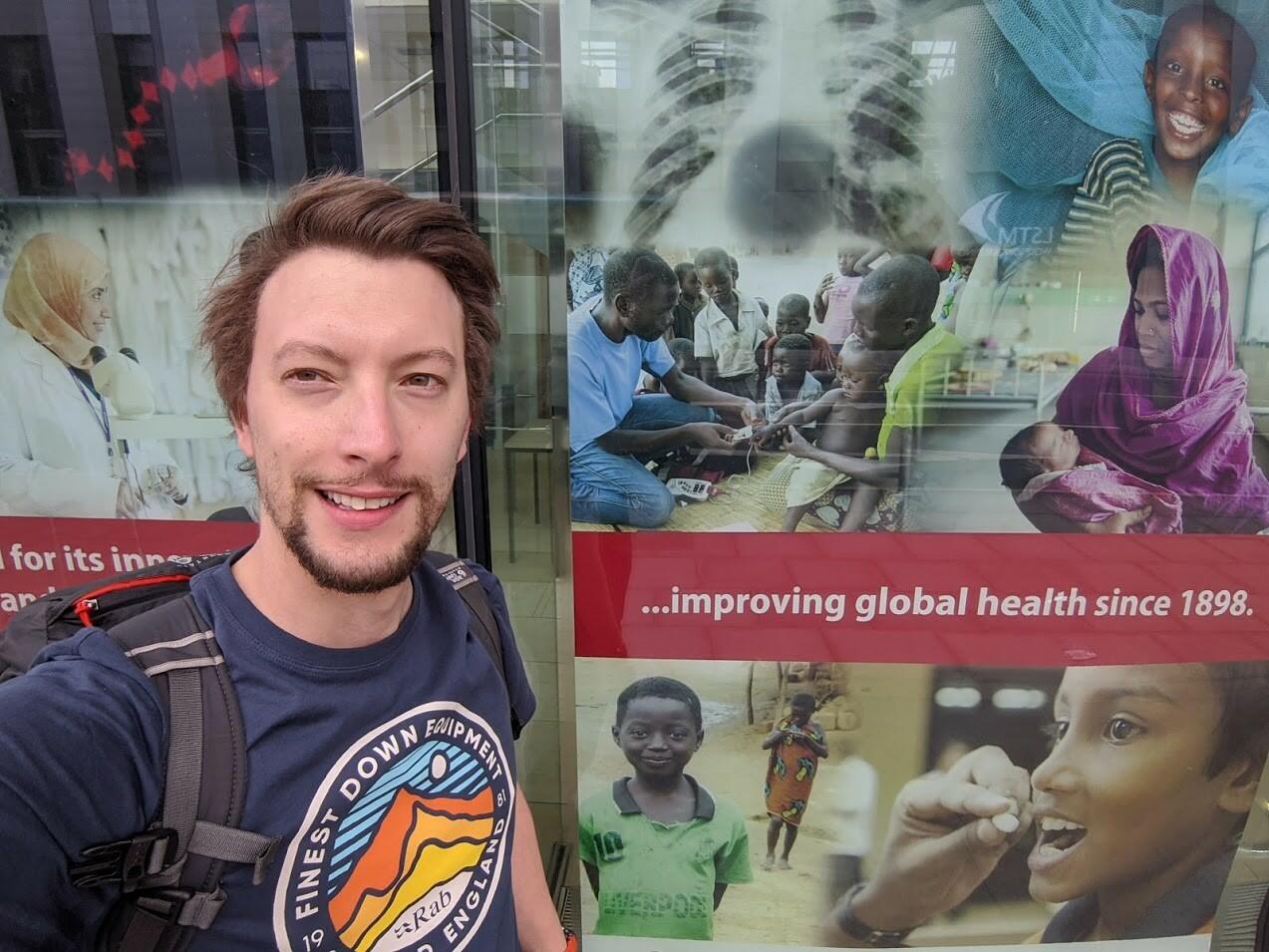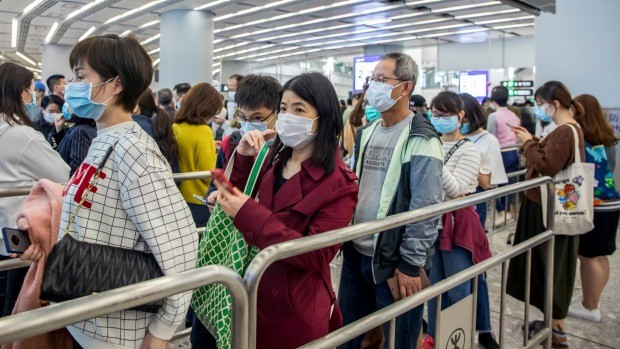
Globalisation and migration mean that it is no longer possible to separate UK health issues from those abroad.1 Diseases, with their subsequent social and financial burdens, do not respect international borders, as illustrated by the current coronavirus (2019-nCoV) outbreak.

Perhaps this is what draws students to come to Liverpool to study the DTM&H and gain an appreciation, not only of tropical medicine but also key aspects of public and international health. This week, I have joined students from all over the world, at a school that has been an authority on tropical medicine since 1898. Indeed, during our first week of lectures, several leading experts have been called away to give advice on the coronavirus outbreak, showing that the school remains very much at the forefront of innovation and research as we progress into a new decade.
I work day to day as a GP. I am a generalist by background, however, tropical medicine is a field that is neglected in both undergraduate and post-graduate medical teaching.
As stated by Lord Crisp in his 2007 book “Turning the World Upside Down, “the most striking thing about health in the twenty-first century is that the whole world is now so interconnected and interdependent.2 In 2015, according to World Bank estimates, there were 1.2 billion international tourist arrivals worldwide. 3 This figure does not include business travel and is now likely to be even higher.
Can practicing clinicians afford not to study and understand tropical medicine?
Appreciating the Hygiene in DTM&H is also of fundamental importance. Understanding key aspects of global public health, the wider determinants of health, and the relevant policies and infrastructures that underlie these are as important as the accompanying clinical and laboratory medicine. If we want to prevent and contain disease outbreaks, such as the current 2019-nCoV and the 2014–2016 Ebola outbreak in West Africa, we need to understand why these outbreaks start, how they spread and what can be done pro-actively to reduce the likelihood of future outbreaks.
Over the next 3 months, I hope to share some further blogs, including discussing my work as the medical director of the Virtual Doctors Charity and how I hope that studying here at Liverpool will help us to be able to establish a more rigorous monitoring and evaluation system.

If you have enjoyed reading this short blog, I also write a blog about Expedition and Wilderness medicine and also host a podcast that you can listen to here. If you are interested in appearing on a future episode please get in touch: contact.thewildernessmedic@gmail.com
References
1. All-Party Parliamentary Group on Global Health | About Us [Internet]. APPG. [cited 2017 Nov 16]. Available from http://www.appg-globalhealth.org.uk/about-us/4556655531
2. Crisp N. Turning the world upside down: the search for global health in the twenty-first century. London: Royal Society of Medicine Press; 2010. 228 p.
3. International tourism, number of arrivals | Data [Internet]. World Bank [cited 2017 Nov 14]. Available from: https://data.worldbank.org/indicator/ST.INT.ARVL?end=2015&start=2012&yea...